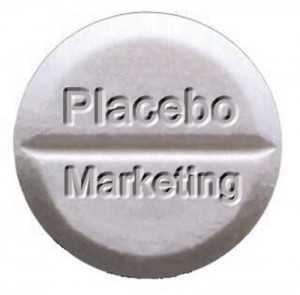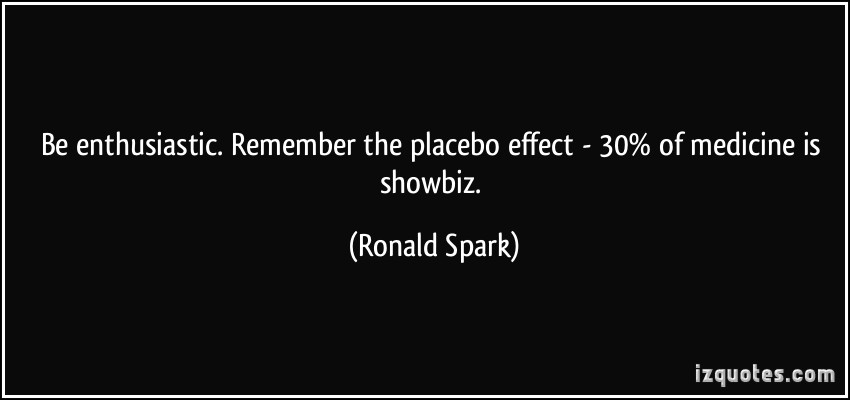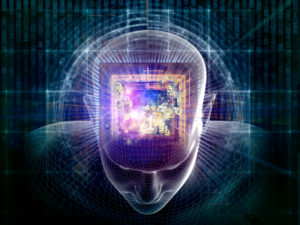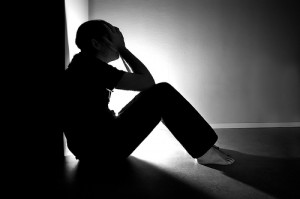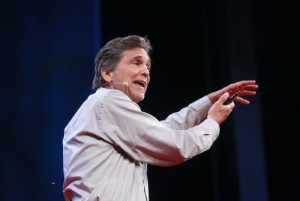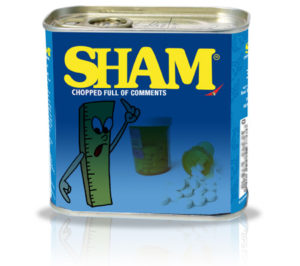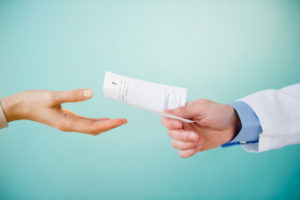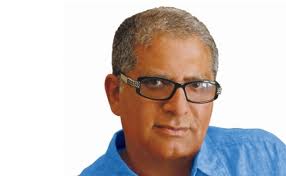A scary story in Salon about overt corporate deception in the marketing (even just the *naming*!) of certain drug products – as in the ‘repackaging’ of Prozac by Eli Lilly to exploit new markets. As in other, non-pharmaceutical marketing, cultural expectations play an enormous role.
‘I suggested to Moerman how odd it is that the meanings we ascribe to a pill can sometimes be more powerful than its active substance, especially in the realm of psychopharmacology.
“Well, James, you’re an anthropologist, right? You know the power of meaning! Every culture has its symbols and objects of veneration and it is no different with us. Once, for us, we revered crosses and statues of the Virgin Mary, but now pills and stethoscopes capture our worship. So even an inert pill can affect us because it has shape and form and a context, and it has language attached. It comes in a blue box or a pink box, it’s taken in a pharmacy, doctor’s room, or hospital with all the panoply of a thousand years of medical tradition behind it to give it overwhelming symbolic weight.”‘


